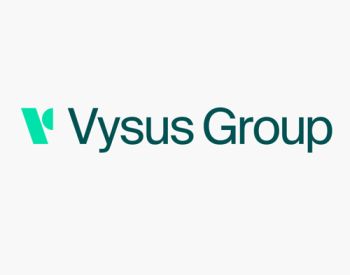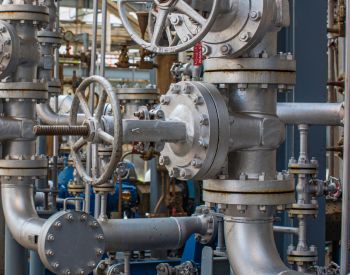Client challenge
Prior to first hydrocarbon production, Vysus Group’s maintenance optimisation consultancy team were asked to conduct a review of the production facility’s maintenance programme (developed by a third party) to identify any opportunities to improve efficiency and reduce operating expenditure where possible.
The decision to invest in a maintenance optimisation review is one that can be taken at any point in an asset’s lifecycle, from the lead up operations, right through the operating phase and during any modifications or renewal programme. This case study plainly shows the benefits of taking those steps and the payback in doing so.
How we helped
Through a structured approach to reviewing maintenance tasks, task durations and task intervals significant benefits were identified through optimisation. The high-level equipment groups in this project mainly covered:
• Electrical
• HVAC
• Instrument
• Rotating equipment
• Safety equipment
The scope of work was delivered by a small set of our highly experienced, multi-disciplinary reliability and maintenance consultants. At the core of the project was the gathering of equipment reliability data - sourced from the client’s own operating history and published industry data.
PM interval analysis, using software configured for the upstream offshore oil industry, considered the reliability requirements of systems and also accounting for the costs of enacting maintenance and the cost and risk of functional failure. The same methodology and software are equally applicable in other high risk, capital intensive process industries – such as refining, petrochemical, renewables and manufacturing – enabling asset owners and operators to tailor their maintenance strategy and PM plans to suit their specific risk and commercial context.
Powerful results
The project identified changes totalling an annual reduction of 6,600 maintenance hours. This translated to a recurring, year-on-year 54% reduction in OPEX of £670k for the tasks studied.
Taking steps to review what plant maintenance is being done and the periodicity of those tasks is a valuable step – the results are usually a blend of opportunities to reduce risk in a balanced, justified manner by filling gaps, addressing overmaintenance and cutting non-value-adding work.
The original basis of maintenance programmes can be the output of a rushed endeavour in the early days, with little in the way of strategy applied. Had the project not been conducted, these time and cost savings would not have been realised; a reality that is all too common in many industries where preventative maintenance is a static, unchanging slice of the OPEX pie and the benefits of optimisation lie undiscovered.
Get in touch with our team to discuss how we can support your activity. Email Roland.bell@vysusgroup.com


